

Lead generation is one of those easy-to-learn, hard-to-master marketing concepts.
You can read all about the proper strategies and methodologies used to acquire leads, but they won't find you new customers unless you take the plunge and implement them.
To get started on that path to implementation, you need to know the effective, battle-tested lead generation tactics that other companies have used to reach incredible levels of success.

So, what are these lead generation tactics? Here are some of the most effective lead generation tactics:
To learn how to use these lead generation tactics to grow your business and increase your sales, read on.
If you have a list of potential leads you want to target, using email to get in contact is an excellent way to initiate the lead generation process.
According to a survey conducted by Adobe, the average white-collar worker spends over 2.5 hours each day checking and sending emails. One of the best bits of marketing advice is to find your market where they spend their time, and almost everyone is spending an enormous amount of time checking their email.
So, if you can craft the right message and send it to the right people, you'll see a substantial increase in the number of leads you generate.
Knowing the basic tenets of email copywriting can help immensely in this process. You'll have an easier time figuring out how to structure your emails, which words to use, and the tone you should use when addressing your targets.
To help make your lead generation emails the best they can be, here are some fundamental email copywriting tips.

If your email subject doesn't catch your target's eye, they're never going to open your email.
Copywriting is often described as one-part science, one-part art. There are universally accepted truths that all copywriters know about and incorporate into their work, but they apply those truths in very different ways.
So, if you ask ten different copywriters how to write the body copy of an email, you're probably going to get ten different answers.
I'm going to leave the exact phrasing and tone up to you (or the copywriter you hire). However, I will provide some useful tips that should make your body copy as compelling as possible.

If you're focusing on an inbound form of lead generation, making high-quality content is an absolute must. Without it, consumers won't have a reason to visit your website and view your lead magnet offers.
Like email marketing, a thorough breakdown of content marketing is far beyond the scope of this article. I will give you a few essential tips for creating content that helps with lead generation, though.
Much of the traffic your content brings in will come from the organic search results.
To ensure your target market sees your content, you need to write content about keywords that people are searching for.
You can do this by using Google's Autocomplete search function.
Try it now: type a portion of your keyword phrase into the search bar. Whatever Google completes it with is a phrase that people are searching for, which makes it relatively safe to make content targeting that keyword.
I say "relatively" because there's another factor you need to take into account: the competition for that keyword.
If there are a lot of authoritative sites in your industry ranking for that keyword, you're probably going to have a hard time breaking into the top rankings. Unless your website is already well-established, I recommend focusing on keywords that don't have much competition.
There are a lot of ways to make content. Blog posts, videos, infographics, and interactive web pages are just a few of the many ways you can present information.
If you're new to content marketing, the best approach is to make the content you feel most comfortable making.
Idling around while you weigh the pros and cons of each format is time that could be spent creating something that will help you generate leads.
While I'm all for jumping in and learning as you go, it is prudent to do a bit of research before you start pumping out content. So if you're not sure where to start, I recommend reading the Beginner's Guide to Content Marketing from Moz, one of the most trusted authorities in the marketing space.

No matter who your target market is, the vast majority of them are active social media users. If you can find the platforms they use most often, you can market to them in a way that builds trust and generates leads.
One of the most effective ways to use social media for lead generation is by sharing your content. This will bring social media users to your website, where you can use a lead magnet to get them into your sales funnel.
Sharing content on your social media profiles is helpful, but the real power comes from other people sharing your content with their social networks. To facilitate this, add social sharing buttons to everything you post on your site.
One more tip: if you want to target people on Facebook, I highly recommend taking advantage of Facebook's Lead Generation ad format.
This ad type allows you to offer consumers a lead magnet without forcing them to leave the website. Combined with Facebook's superb microtargeting capabilities, you can use this to find a lot of high-quality leads in a relatively short time.
I already talked about the value of creating content that ranks in the search results.
However, it's not enough to merely target the right keywords. You also need to optimize your site and content to get a high search ranking.

The number one SEO factor is making sure your content answers the searcher's query. As long as the user is satisfied when they visit your page, Google will likely give you a high rank for the keyword you're going for.
According to CIODive, up to 70% of web traffic comes from mobile phones.
If you want to accommodate this growing majority of mobile users, you need to design your website with the mobile experience in mind.
The most important item on the mobile optimization checklist is a responsive website. You need to make sure your site automatically resizes when it detects a smaller screen size. If it doesn't do this, Google isn't going to show your website to mobile searchers.
Google has started paying a lot of attention to the authors of blog posts.
They want to make sure that the person writing about a particular topic has the experience or credentials to write authoritatively on the subject.
To make it easy for Google to give your site some of that sweet EAT ranking boost, make sure the author of your blog posts has their credentials and experience prominently displayed on an author bio or about page.
